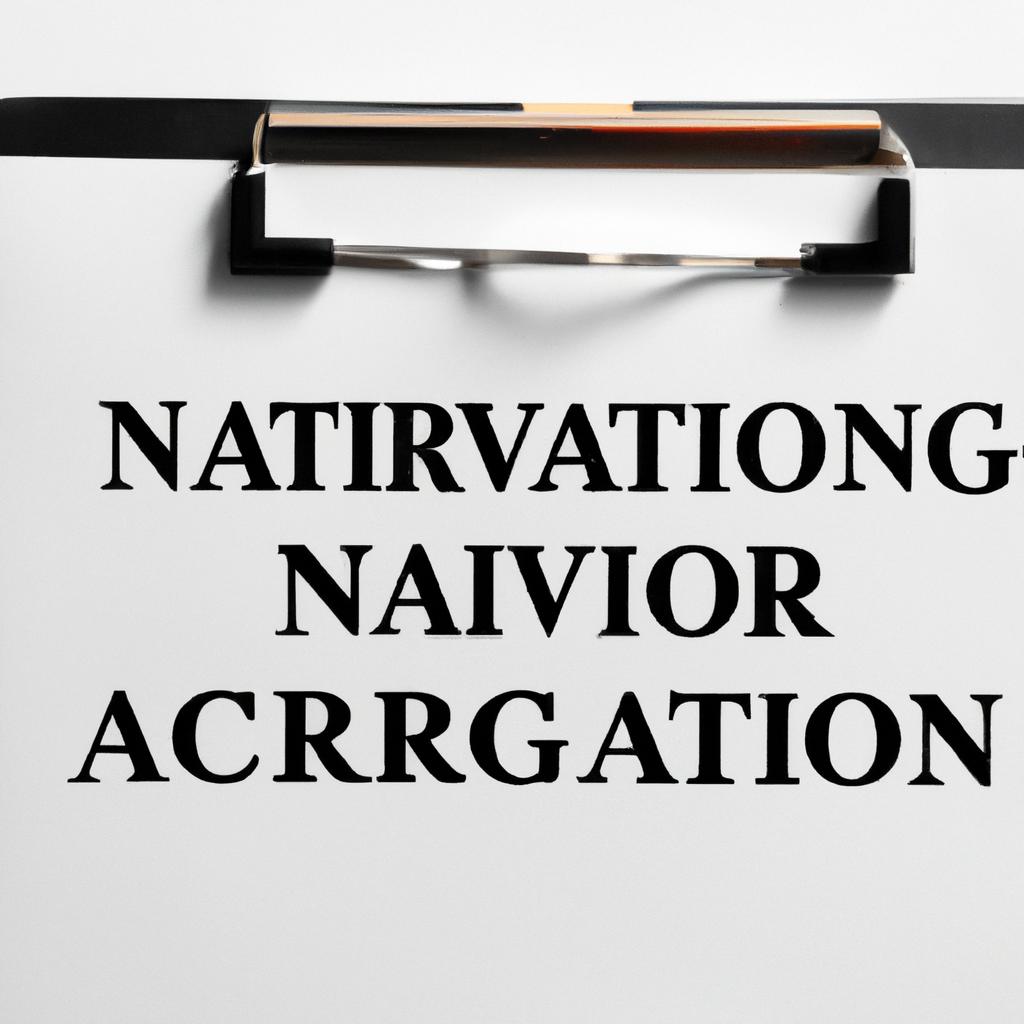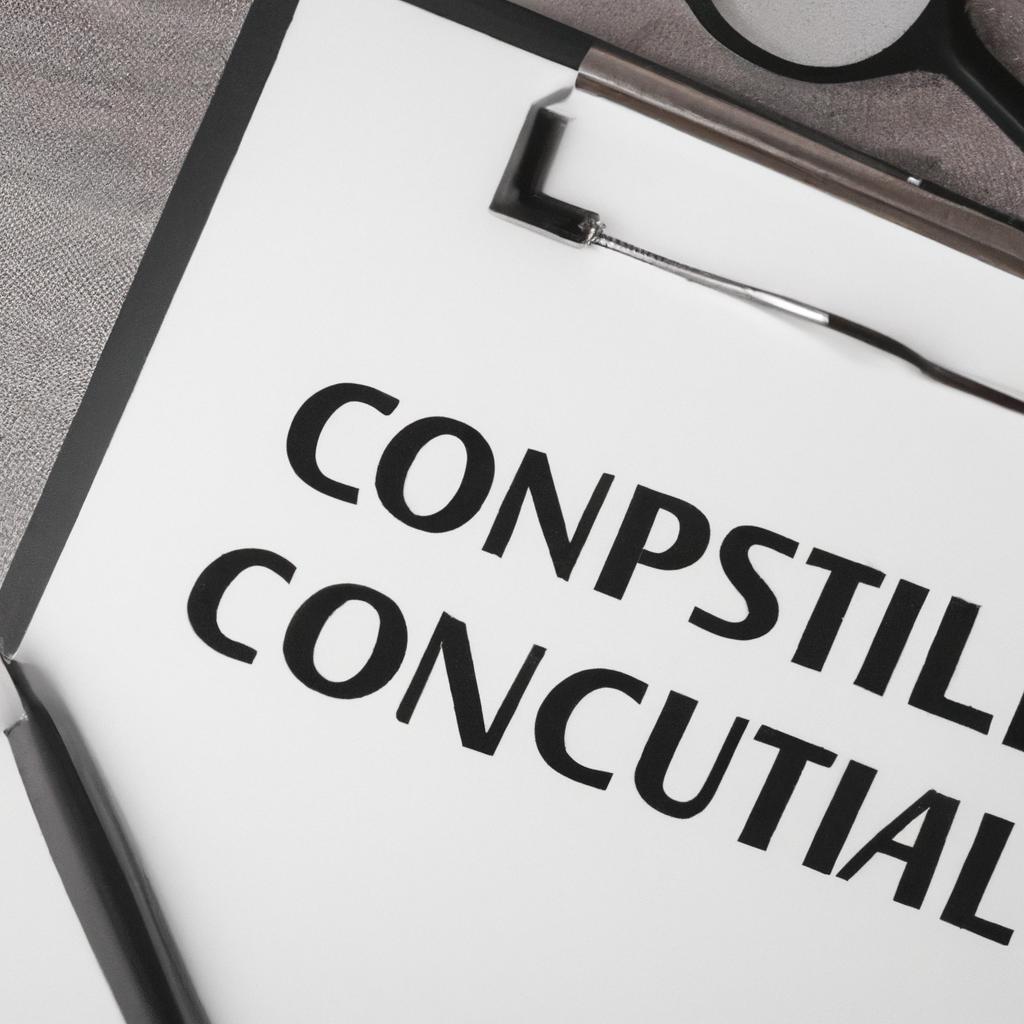In the intricate landscape of property ownership, the deed serves as the bedrock of legal ownership. As seasoned legal practitioners at Morgan Legal Group in the heart of New York City, we understand the importance of securing this crucial document. In this article, we will guide you through the intricate process of locating and obtaining the deed to your property, ensuring peace of mind and clarity in your ownership rights. Join us as we unravel the complexities of property deeds and equip you with the knowledge needed to protect your real estate investments.
Locating the Deed of Property: Essential Steps for Effective Ownership Verification
When it comes to verifying ownership of a property, locating the deed is an essential step in the process. The deed is a legal document that serves as proof of property ownership and outlines important details such as the property’s description, boundaries, and ownership history. To effectively verify ownership, follow these essential steps:
- Start by checking with the County Recorder’s Office: The County Recorder’s Office is typically the first place to look for a property deed. They maintain public records of all property transactions, including deeds.
- Search online databases: Many counties now have online databases where you can search for property records, including deeds. These databases are a convenient way to access property information from the comfort of your own home.

Navigating Public Records: Uncovering the Key Documents for Property Ownership
When it comes to uncovering the key documents for property ownership, one essential piece of information to find is the deed of the property. The deed is a legal document that serves as proof of ownership and typically includes important details such as the property’s legal description, the names of the current and past owners, and any restrictions or easements that may apply. To find the deed of a property, you’ll need to navigate public records, which house a wealth of information about property ownership.
One effective way to locate the deed of a property is by searching through the county recorder’s office or assessor’s office, where property records are typically kept. You can also utilize online databases or hire a title company to assist you in your search. Once you’ve located the deed, it’s crucial to review the document carefully to ensure that all the information is accurate and up to date. By taking the time to find and examine the deed of a property, you can gain a better understanding of its ownership history and any potential issues that may affect its title.

Utilizing Online Resources: Streamlining the Search Process for Property Deeds
Finding property deeds online can be a straightforward process when utilizing the right resources and tools. One effective way to streamline your search is by using online databases specifically designed for property records. These databases allow you to access a vast array of property deeds from the comfort of your own home, saving you time and effort in the search process.
In addition to online databases, certain government websites also provide access to property deeds and records. By visiting these websites, you can easily search for deeds by entering the property address or owner’s name. This convenient method allows you to quickly locate the information you need without having to navigate through multiple sources. Remember to stay organized by keeping track of the properties you search for, utilizing spreadsheets or notes for easy reference.
Consulting with a Legal Professional: Ensuring Accuracy and Completeness in Deed Retrieval
When it comes to finding the deed of a property, it is crucial to ensure accuracy and completeness in the retrieval process. Consulting with a legal professional can help navigate the complexities of property deeds and ensure all necessary information is obtained. Legal experts have the knowledge and experience to conduct thorough searches and verify the authenticity of deeds, giving you peace of mind that the information you are relying on is reliable and accurate.
By working with a legal professional, you can avoid potential pitfalls and legal issues that may arise from incomplete or inaccurate deed retrieval. Attorneys specializing in property law can provide valuable guidance and advice on how to properly interpret the information found in deeds, ensuring that you have a clear understanding of your property rights and obligations. Don’t leave something as important as property deeds to chance – consult with a legal expert to ensure your interests are protected.
Q&A
Q: What is a deed of property?
A: A deed of property is a legal document that shows who owns a piece of real estate.
Q: Why is it important to have a deed of property?
A: Having a deed of property is important because it proves ownership of a property and can be used to transfer ownership to someone else.
Q: How can I find the deed of property for a piece of real estate?
A: There are a few ways to find the deed of property for a piece of real estate. You can start by checking with the county clerk’s office where the property is located. You can also search online through public records databases or hire a title search company to do the work for you.
Q: What information will I need to find the deed of property?
A: To find the deed of property, you will need to know the property’s address, owner’s name, or parcel number. Having this information will make it easier to locate the deed.
Q: How much does it cost to obtain a copy of the deed of property?
A: The cost of obtaining a copy of the deed of property can vary depending on the method you choose. In some cases, you may be able to obtain a copy for free from the county clerk’s office. If you choose to use a title search company, the cost will depend on the company and the complexity of the search.
Q: What can I do if I cannot find the deed of property?
A: If you are having trouble finding the deed of property, you can reach out to a real estate attorney for assistance. They can help guide you through the process and ensure that you have all the necessary documentation for your property.
Closing Remarks
Now that you have learned how to find the deed of a property, you can confidently navigate the world of real estate transactions with ease. Remember, a deed is a crucial document that establishes ownership rights, so it’s important to know how to locate it when needed. Whether you’re buying, selling, or simply curious about a property, having access to the deed can provide valuable information. So go forth and explore the world of property ownership, armed with the knowledge of how to find the deed you seek. Happy hunting!

